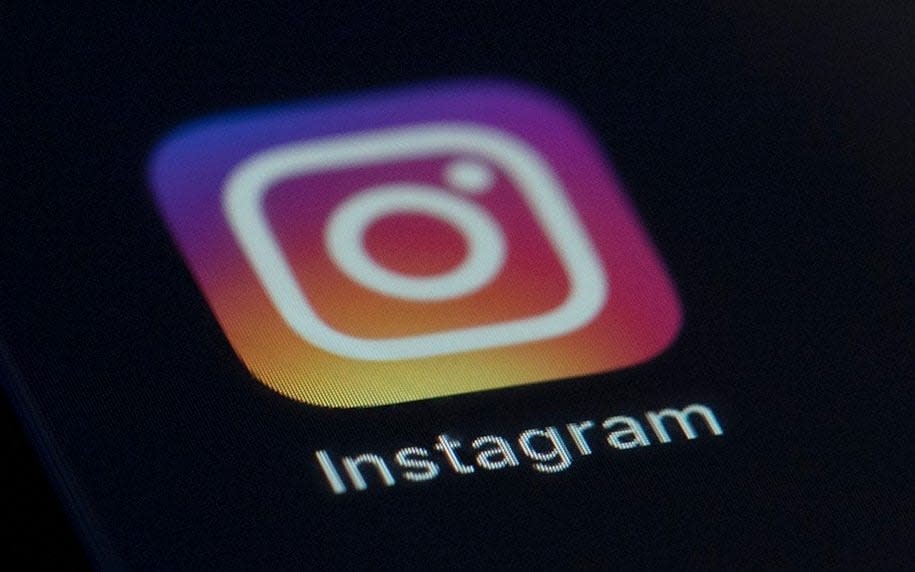L'Oreal boss says Instagram is good for business as young women need to buy make-up to look like filtered selfies

The boss of L'Oreal has claimed Instagram is good for business - as young women need to buy more make-up to look like their filtered selfies.
Jean-Paul Agon, the CEO and chairman of the parent company of Maybelline, Garnier and Lancôme, said social media features that can digitally enhance appearances is boosting the makeup industry.
His comments were condemned as “appalling and irresponsible” by one MP, who suggested it would further heap pressure on vulnerable young people.
Mr Agon told MarketWatch: “The more you make yourself look really great online, the more you have to work on yourself when you go out, because if, when people meet you, they discover that you are completely different from what they thought, then you have a problem.”
He added: “If they want to use filters to look better online, they have to do something in real life also to look better, and that is why they use more cosmetics, more makeup, more skin care, more everything.”
He went on to say that despite announcing disappointing makeup sales in the United States that the beauty business is “pretty immune to crisis”.
“I would say that the beauty business is pretty immune to crisis.
“That is why, by the way, as you know, the price-to-earnings ratio of a company like L’Oréal is pretty high. . . because investors and analysts acknowledge the fact that, whatever happens, L’Oréal will be able to keep growing, keep developing, and keep increasing its profitability.”
His comments were criticised by a member of the Government’s all-party parliamentary group on social media and young people’s mental health and wellbeing.
Bambos Charalambous, the MP for Enfield Southgate, told The Telegraph: “I think the comments are appalling and irresponsible.
“It’s an admission that (L’Oreal) are very happy that young people feel pressurised to look good and they are very willing to use that as a marketing ploy for their products.
“There are enough pressures on young people as it is and the idea that people are happy to make money on the back of a fake life is really sad.
“I think people should be happy in themselves and be able to live the best real life they can, they need to understand that filters and the pressure to lead this perfect life is just a mirage.
“People that play up to that should be thoroughly ashamed of themselves and look to behave responsibly.”
Mr Agon, 63, also gave a surprising answer when asked if pollution was good for business.
He said: “Yes, but we are not encouraging it. ... Where there is pollution, we want to protect our consumers.
“When you live in a city your skin, your hair is challenged more than if you were living in a rural area, so you need more shampoos, conditioners, skin care, hydrating creams, anti-UV, etc. Urban life means more socialization, and more socialization means more beauty consumption.”
A report by Oxford Economics for the British Beauty Council estimates that in 2018 the beauty industry made a £14.2 billion direct gross value added contribution to UK GDP.
Born in France, the L'Oreal boss, studied at École des Hautes Études Commerciales business school, whose alumni include former French president François Hollande. It was during his time there that he was recruited by the cosmetic company in in 1978.

 Yahoo News
Yahoo News 
